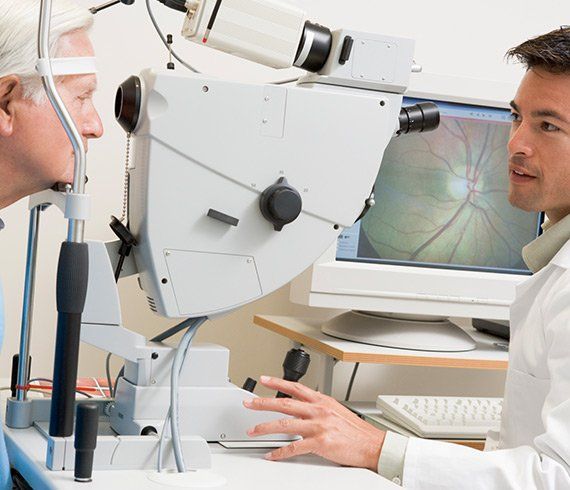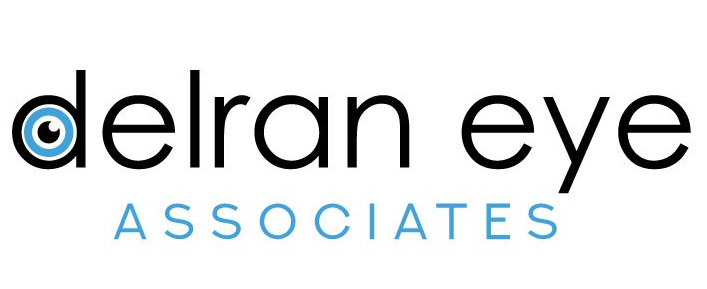Premium Medical Eye Care in Delran, New Jersey
Premium Medical Eye Care in Delran, New Jersey

Urgent Care - During normal office hours our office has set aside time to evaluate and treat patients that need urgent eye care. As optometrists we see and
treat eye infections, minor eye injuries, eye pain, loss of vision, double vision, flashes/floaters, etc. for both children and adults.
Glaucoma Evaluation and Treatment - Glaucoma is an eye disease that can lead to loss of peripheral vision. In many cases by using eye drops we can lower eye pressure to prevent further damage to the optic nerve. Depending on severity of the disease, our glaucoma patients are typically seen every 3, 4 or 6 months for optic nerve evaluations through scans, photographs and visual field testing.
Diabetic Retinopathy Monitoring - Diabetes can affect all parts of the eye. Diabetic retinopathy occurs when the blood vessels in the retina become damaged and leak. Retinopathy is a leading cause of blindness in the US. The early stages of retinopathy can be asymptomatic; therefore, it is important for diabetics to have yearly eye screenings.
Cataract Check - Cataracts are a clouding of the lens inside the eye that progresses with age. Most people will develop cataracts at some point in their lifetime. As cataracts progress and the vision becomes blurry, regular eye exams can help to determine the right time for cataract surgery.
Macular Degeneration Management
- Macular Degeneration (AMD) is a genetic eye disease that can lead to loss of central vision. The two forms of AMD (dry and wet) are treated very differently. Therefore it is important to monitor the retina regularly (usually every 6 months) to ensure the correct treatment is in place.

